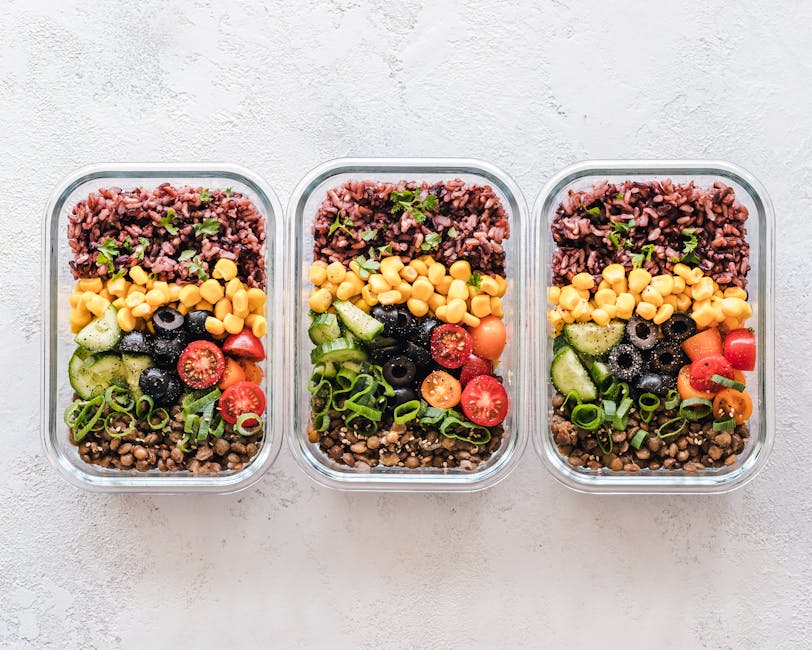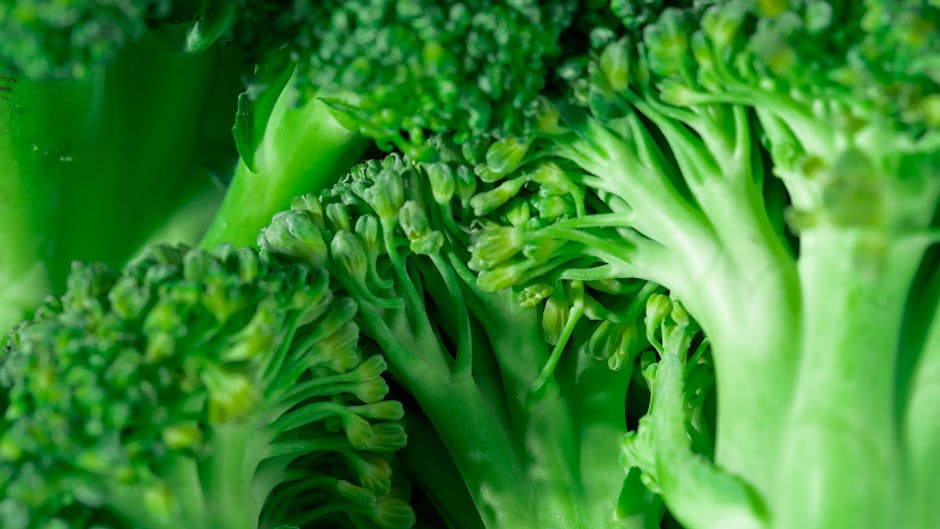How to Adopt Sustainable Eating Habits
Welcome to a comprehensive guide on how to adopt sustainable eating habits. In a world facing increasing environmental challenges and health concerns, the way we eat plays a crucial role in shaping our future. From reducing carbon footprints to promoting animal welfare and improving personal well-being, sustainable eating encompasses a broad spectrum of benefits. By making conscious choices about what we eat and where our food comes from, we can contribute to a healthier planet and a healthier self.
Have you ever wondered how your food choices impact the environment? Or how sustainable eating can benefit not only the planet but also your own health? In this article, we will explore the various dimensions of sustainable eating, from understanding the concept to practical tips on incorporating sustainable practices into your daily routine. Let’s dive into the world of sustainable eating and discover how small changes in our diet can make a big difference.
The Concept of Sustainable Eating

Sustainable eating is more than just a trend; it’s a lifestyle choice that considers the long-term impact of our food choices on the environment, society, and personal health. At its core, sustainable eating aims to promote a food system that is environmentally friendly, socially responsible, and economically viable. This means choosing foods that are produced, processed, and consumed in ways that minimize harm to the planet and support the well-being of all living beings.
One of the key principles of sustainable eating is to reduce the carbon footprint of our food consumption. This involves choosing foods that have a lower environmental impact, such as plant-based options, locally sourced products, and organic produce. By opting for sustainable foods, we can help mitigate climate change, protect natural resources, and support biodiversity.
Additionally, sustainable eating encompasses ethical considerations, such as animal welfare and fair labor practices. By supporting food producers who uphold high standards of animal care and worker rights, we can promote a more humane and equitable food system. Ultimately, sustainable eating is about making informed choices that align with our values and contribute to a more sustainable future for all.
Benefits of Sustainable Eating

The benefits of sustainable eating are manifold, ranging from personal health improvements to environmental conservation. By adopting sustainable eating habits, individuals can experience positive changes in their well-being, such as increased energy levels, weight management, and reduced risk of chronic diseases. Sustainable foods are often nutrient-dense, free of harmful chemicals, and supportive of overall health and vitality.
Moreover, sustainable eating can have a significant impact on the environment by reducing greenhouse gas emissions, conserving water and soil, and preserving biodiversity. Plant-based diets, for example, have been shown to have a lower environmental footprint compared to diets high in animal products. By choosing locally sourced, seasonal foods, consumers can also support local farmers, reduce food miles, and promote sustainable agriculture practices.
In addition to personal and environmental benefits, sustainable eating can also contribute to social justice and economic equality. By supporting food producers who prioritize fair wages, safe working conditions, and community engagement, consumers can help build a more sustainable and equitable food system. Sustainable eating is not just about what we eat but also about how our food choices impact the world around us.
Practical Tips for Adopting Sustainable Eating Habits

Now that we understand the importance of sustainable eating, let’s explore some practical tips for incorporating sustainable habits into our daily lives:
1. Eat More Plant-Based Foods

One of the most effective ways to reduce your environmental impact and improve your health is to incorporate more plant-based foods into your diet. Fruits, vegetables, whole grains, legumes, nuts, and seeds are not only rich in essential nutrients but also have a lower carbon footprint compared to animal products. Try to make plant-based meals the center of your plate and experiment with new vegetarian and vegan recipes to discover delicious and nutritious alternatives to meat and dairy.
2. Choose Organic and Local Foods
When shopping for groceries, opt for organic and locally sourced foods whenever possible. Organic farming practices eliminate the use of synthetic pesticides and fertilizers, promoting soil health and biodiversity. By buying locally grown produce, you can reduce the environmental impact of transportation, support small-scale farmers, and enjoy fresh, seasonal foods that are full of flavor and nutrients.
3. Reduce Food Waste
Food waste is a significant issue that contributes to greenhouse gas emissions and resource depletion. To minimize food waste, plan your meals, store perishable items properly, and repurpose leftovers creatively. Composting organic waste is another sustainable practice that can help nourish the soil and reduce methane emissions from landfills. By being mindful of the food you buy and consume, you can reduce your ecological footprint and save money in the process.
4. Support Sustainable Food Producers
Get to know the farmers, ranchers, and food producers in your community who prioritize sustainable and ethical practices. By supporting local food systems, you can build a more resilient and sustainable food supply chain that benefits both producers and consumers. Visit farmers’ markets, join a community-supported agriculture (CSA) program, or participate in farm-to-table initiatives to connect with the people behind your food and make a positive impact on the local economy.
5. Educate Yourself and Others
Stay informed about food sustainability issues and share your knowledge with friends, family, and colleagues. By raising awareness about the importance of sustainable eating, you can inspire others to make conscious food choices and advocate for policies that support a more sustainable food system. Attend workshops, seminars, and events on sustainable agriculture, food justice, and environmental conservation to deepen your understanding and contribute to positive change in your community.
Expert Opinions
We reached out to Dr. Sarah Smith, a renowned nutritionist and sustainability expert, for her insights on sustainable eating habits:
“Sustainable eating is not just a trend; it’s a necessity for the health of our planet and future generations. By choosing foods that are produced in ways that respect the environment, animals, and people, we can create a more sustainable and equitable food system. Every food choice we make has the power to shape the world we live in, so let’s choose wisely and eat sustainably.”
Conclusion
In conclusion, adopting sustainable eating habits is a powerful way to protect the planet, promote health and well-being, and support a more ethical and equitable food system. By making conscious choices about what we eat, where our food comes from, and how it is produced, we can contribute to a sustainable future for all. Whether it’s choosing plant-based foods, supporting local farmers, or reducing food waste, every small step towards sustainable eating makes a difference. Let’s embark on this journey together and savor the rewards of a healthier, happier, and more sustainable way of eating.
Remember, the food on our plates is not just a meal; it’s a reflection of our values, our priorities, and our vision for a better world. Let’s choose sustainability, one bite at a time.




